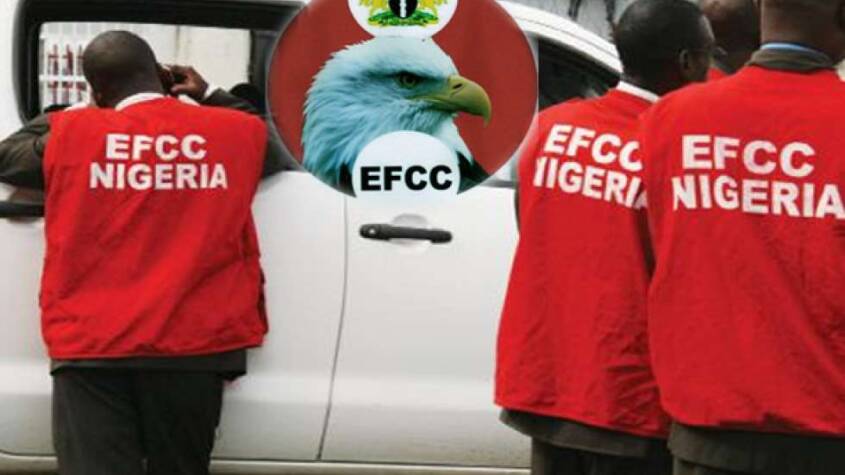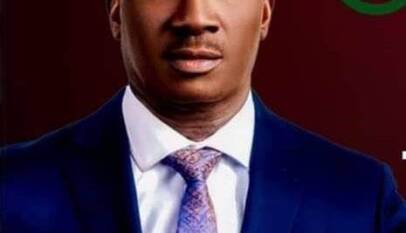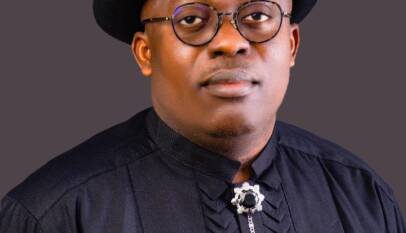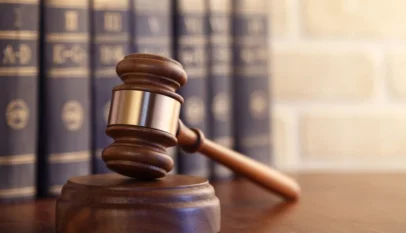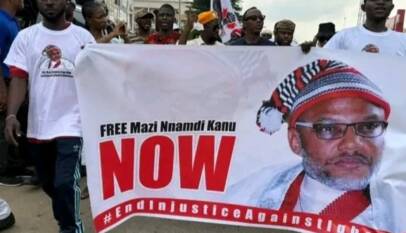The Economic and Financial Crimes Commission (EFCC) has arrested Nigerian businessman and socialite, Fred Ajudua, in Abuja following a Supreme Court judgment that revoked his bail. The arrest is linked to an ongoing high-profile fraud case involving over $1 million.
Fred Ajudua, a Lagos-based figure known for previous legal controversies, was taken into custody on Tuesday, May 6, 2025, by EFCC operatives. He is currently being detained at the EFCC’s Abuja facility, where he awaits re-arraignment by the Supreme Court’s directive.
A senior EFCC official, speaking anonymously due to a lack of authorisation to address the media, confirmed Ajudua’s arrest.
“Fred Ajudua has been arrested in Abuja and is currently in our custody pending his next court appearance,” the source revealed.
When contacted, EFCC’s Head of Media and Publicity, Dele Oyewale, declined to comment on the development.
The Supreme Court of Nigeria, in a landmark ruling delivered on Friday, May 2, 2025, set aside the bail earlier granted to Ajudua by the Lagos Division of the Court of Appeal on September 10, 2018. The apex court ordered his remand in a correctional facility and directed the Chief Judge of Lagos State to reassign the trial to Justice Mojisola Dada of the Lagos High Court.
Fred Ajudua is facing trial for allegedly defrauding a Palestinian businessman, Mr. Zad Abu Zalaf, of $1,043,000 in a case that dates back to 2005. The protracted case has experienced repeated delays and multiple reassignments, moving from Justice Morenike Obadina to Justice Josephine Oyefeso, and later to Justice Dada.
In 2018, Justice Dada denied bail to Ajudua, citing the lengthy nature of the case. However, the Court of Appeal subsequently granted bail—a decision challenged by the EFCC. The recent Supreme Court ruling, which favoured the EFCC’s appeal, reinstates the original bail denial and clears the path for renewed prosecution efforts.
With his re-arrest, Fred Ajudua is expected to be re-arraigned as the EFCC intensifies its efforts to conclude one of Nigeria’s longest-running fraud cases.

